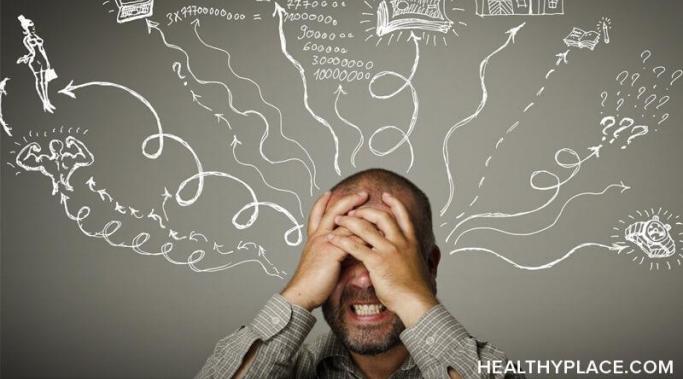Blogs
The paradox of self-harm can be difficult to understand, even for those of us living inside it. We hurt ourselves to feel better—and no, on the surface, that doesn't make sense. But in the moment, sometimes it feels like the only option we've got.
I've never been good at talking about my mental health with others, even those who I've known for years. In the past, I didn't have enough self-knowledge to be able to talk about it with anyone in an adequate way. That time has long since passed, and yet I still hesitate to bring it up with anyone outside of my immediate family. I want to use the rest of this post to try and figure out why I find it hard to talk about my mental health with others.
If you're like me, you might have trouble accepting compliments. Today I'd like to talk about the simple steps I've taken to respond better when someone compliments me and how it's helped improve my overall self-esteem.
Impulsivity is a hallmark of my attention-deficit/hyperactivity disorder (ADHD). This impulsivity manifests in different ways: sometimes it means buying electric pianos from Germany; sometimes it means relocating from Ireland to North America; and, for many years, it meant flirting with the boundaries of outright alcoholism.
I have struggled with negative thoughts for as long as I can remember. Sometimes these thoughts have been about my views on myself, ill feelings about a situation or a person, or my thoughts about life in general. Hearing other people tell me to stop being so negative makes me feel as though my thoughts are invalid. However, through years of therapy, I have learned many truths about negative thoughts. Here are five lessons I have learned.
A part of being chronically anxious includes constant worry about what might happen in the future. But what I've also experienced is that along with this is not just the worry, but the fear of not being good enough, of feeling like you don't meet up to certain standards, and feeling like a failure.
The National Eating Disorders Association runs an annual social media campaign each June called #NEDAPride. I just learned of its existence, but I love it already. As someone who is both queer and in eating disorder recovery, this combination feels so poignant to me.
Not every case of self-injury is obvious. Whether you're talking clinically or colloquially, it can be hard sometimes to clearly define what counts as self-harm and what does not.
Until only a few years ago, I had no idea how difficult my life would become once I started sharing my story of being a victim of abuse. Although some people close to me already knew some basic information, I kept most of the details to myself. However, as I began my healing journey, it became more necessary for me to share my abuse story so I could move forward and leave my past behind me.
"I am innocent of the illness that befell me." "I am strong. I am brave." "I am worthy of self-compassion." These are a few of my positive affirmations, said aloud or in silence, to help (re)train my brain. When I started therapy to treat trauma-induced anxiety and panic, these words were hollow and represented nothing more than wishful thinking. As my treatment progresses, adaptive thoughts, similar to my affirmations, are integrating themselves into what I believe about myself.









